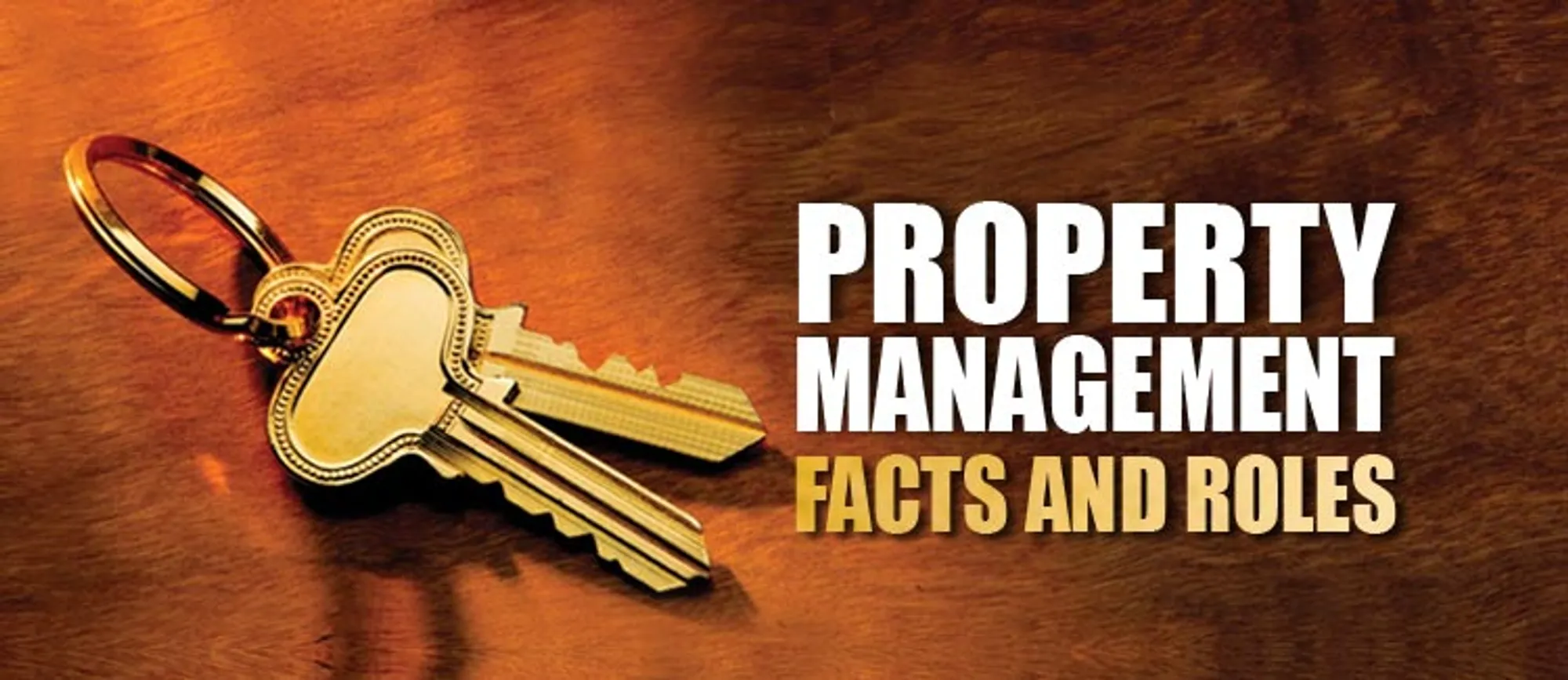Property Management is the overseeing, operation, and control of real estate whether commercial or personal, equipment or other assets that belong to another person. Property Management Lawyers are responsible for looking at all aspects of Property Management.
Table of Contents
The service of Property Management includes:
- tenant placement i.e. advertising about the estate; finding, screening and showing the property to the prospective tenant; handling leases; settling, collecting and adjusting the rent and dealing with complaints/emergencies; managing vacating process; dealing with evictions
- maintenance and repairs i.e. sustaining the condition of the property and making repairs to keep it in proper shape; making arrangements with the repair services and scheduling it with tenants
- administration i.e. assuring the compliance of government rules and regulations; monitoring and reporting financial transactions related to the property; and serving as a liaison between tenants, site personnel, and landlords
Importance of Property Management
Investing in a property is the easy part but maintaining and managing it takes a lot of effort. Therefore, owner sometimes finds himself/herself in legal disputes or being harassed by tenants. In such a case the property manager can help owners safeguard themselves from any conflicts in the future. Property Management is helpful in the following ways:
Better Tenants
- The property manager is responsible for finding a suitable tenant. It’s his responsibility to sort through all the applications and screen the prospective tenant before signing the lease.
- The screening includes checking applicant’s identity, applicant’s rental history, criminal background and running credit checks. Therefore the appointing property manager helps you to protect yourself from any bad experience with the tenants.
Fewer Legal Issues
- Although one might know all the rules and regulations related to real estate investment, he/she may not be so informed about the landlord-tenant laws.
- Hence, using a property manager for setting, signing or terminating the lease; evicting the tenant; inspecting the property and collecting security deposits can help to safeguard you from any legal issues.
Fewer Vacancies
- The property manager always tries to remain up-to-date with changes in the real estate market which help him to make the decisions that benefit the owner of the estate.
- Such as upgrading of the rental units to attract quality tenants and lower the vacancy rate or adjusting rent as per the market etc.
Role of Property Management Lawyer
The role of Property Lawyer is:
- giving legal advice on property management, the estimated value of the property, violations, and restrictions on property, real estate taxes, etc.
- resolving any property disputes, deed issues
- helping in solving the disputes over injuries, encroachment, trespass and boundaries
- responsible for dealing with different problems such as proof of title, tenants, etc., and making estate transactions
- evaluating and preparing estate documents, draft deeds, and filing them
- helping in registering documents for the clients and checking for various adjustments
- revising the terms mentioned in the contracts and agreements
- arranging the terms to be specified in the purchase and sales contracts
Responsibilities of Property Management Lawyer
The responsibilities of the Property Lawyer are:
- helping the clients with title problems, environmental issues, and insurance issues
- evaluating and making inspections, appraisals, purchase agreements, and leases
- drafting documents like deeds, contracts and rental and financial arrangements for various transactions and purchases
- reviewing transactions and giving legal advice if required
- representing the clients in court whenever necessary
- participating in trials and hearings, filing appeals, legal pleading and drafting documents
- negotiating and bargaining on the clients’ behalf
- helping them in achieving settlement transactions

